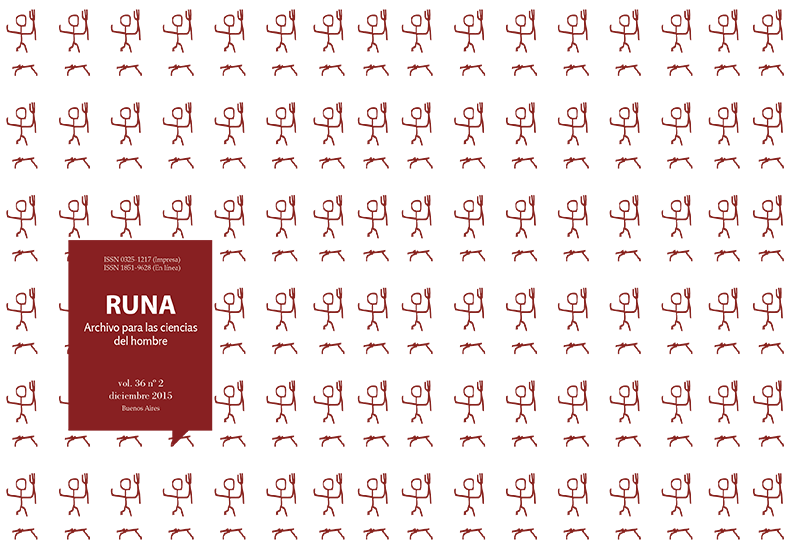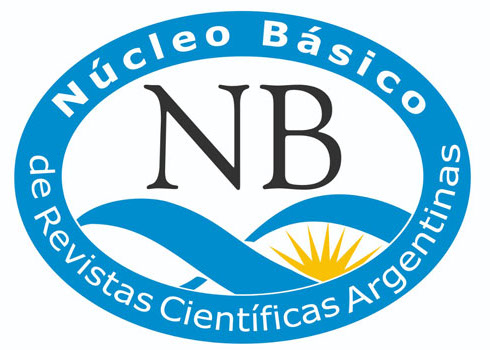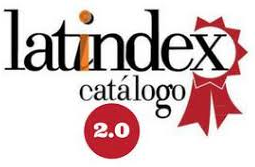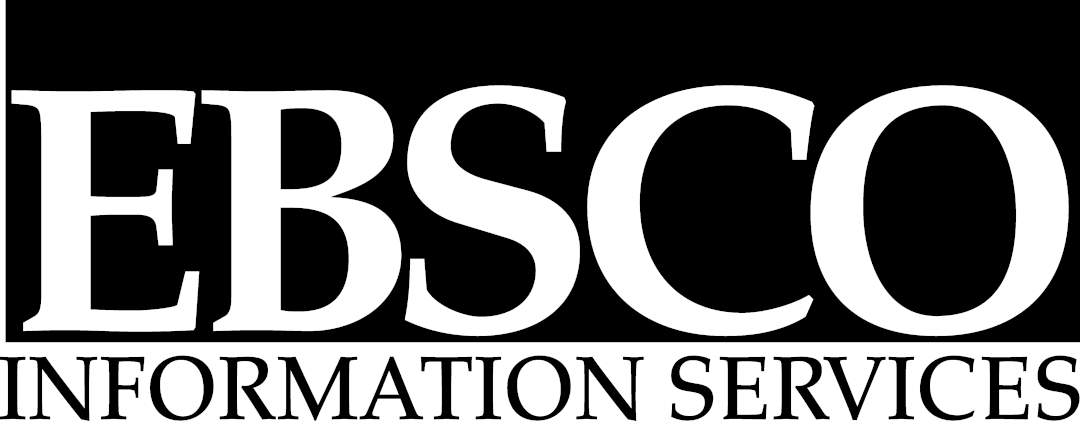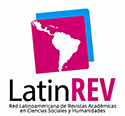Before Franz Boas: Pioneering Women in American Anthropology
Abstract
One consequence of the impact of the feminist movement in anthropological theory and practice was the recovery of the life and work of women who, despite occupying a peripheral site, made significant contributions to the field. In this paper I focus on the trajectories of these pioneers who, in a time of fast socioeconomic changes (last decades or xix Century and the early xx Century) and despite they were self taught, were fundamental to the professionalization of anthropology.Downloads
References
Bibliografía
CHIÑAS, Beverley Newbold. 1989. “Zelia Maria Magdalena Nuttall”. En En Gacs, Ute et.al (eds) Women Anthropologists. Selected Biographies. Urbana y Chicago: University of Illinois Press. pp. 269-275.
CLIFFORD, James. 1986. “Introduction: Partial Truths”. En Writing Culture: The Poetics and Politics of Ethnography. J. Clifford y G.E. Marcus (eds. Berkeley:University of California Press. pp. 1–26.
DeBERG, Betty. 1990. Ungodly women: gender and the first wave of American Fundamentalism. Minneapolis: Fortress Press.
DEACON, Desley. 1992. “The Republic of the Spirit: Fieldwork in Elsie Clews Parsons's Turn to Anthropology”. Frontiers: A Journal of Women Studies, Vol. 12, No. 3, pp. 13-38.
FRIEDLANDER, Judith. 1989. “Elsie Clews Parsons”. En Gacs, Ute et al. (eds) Women Anthropologists. Selected Biographies. Urbana y Chicago: University of Illinois Press. pp 282-290.
FRISBE, Charlotte. 1989. “Francis Theresa Densmore”. En Gacs, Ute et al (eds)Women Anthropologists. Selected Biographies. Urbana y Chicago: University of Illinois Press. pp.51-58.
JAYANTI, Vimala. 1989. “Erminnie Adelle Platt Smith”. En Gacs, Ute et al (eds) Women Anthropologists. Selected Biographies. Urbana y Chicago: University of Illinois Press. pp. 327-336.
KROEBER, Alfred. 1943. “Elsie Clews Parsons”. American Anthropologist, 45. pp 452-255.
LAMPHERE, Louise. 1995. “Feminist anthropology: The legacy of Elsie Clews Parsons.” En R.Behar y D.Gordon (eds) Women Writing Culture. Berkeley: University of California Press. 85-103 (Trad. Lea Geler)
LAMPHERE, Louise. 2004. “Unofficial Histories: A Vision of Anthropology from the Margins”. American Anthropologist, Vol. 106 (1) pp126–139.
LORINI, Alessandra 2003. “Alice Fletcher and the Search for Women's Public Recognition in Professionalizing American Anthropology”. Cromohs, 8. pp1-25.
LURIE, Nancy Oestreich. 1999. Women and the Invention of American Anthropology Prospect Heights: Waveland Press.
McGEE, Anita Newcomb. 1889. "The Woman's Anthropological Society of America". Science, 13, pp. 240-42.
MASCIA-LEES, F, SHARPE P y BALLERINO, C.Cohen 1989. “The Posmodernist Turn in Anthropology: Cautions from a Feminist Perspective”. Signs, Vol.15, N°1. (7-33) (Trad. Lea Geler)
PAREZO, Nancy. 1989. “Matilda Coxe Evans Stevenson”. En Gacs, Ute et al (eds)Women Anthropologists. Selected Biographies. Urbana y Chicago: University of Illinois Press. pp 336-343.
RUIZ MARTINEZ, Apen. 2006. “Zelia Nuttall e Isabel Ramírez: las distintas formas de practicar y escribir sobre arqueología en el México de inicios del siglo XX”. Cadernos Pagu, 27, pp.99-133.
TEDLOCK, Barbara. 1995. “Works and Wives: On the Sexual Division of Textual Labor.” En R.Behar y D.Gordon (eds) Women Writing Culture. Berkeley: University of California Press. pp. 267-286.
TEMKIN, Andrea. 1989. “Alice Cunningham Fletcher”. En Gacs, Ute et al (eds)Women Anthropologists. Selected Biographies. Urbana y Chicago: University of Illinois Press. pp. 95-101.
WASA (Women's Anthropological Society of America). 1889. Sketches of the Women's Anthropological Society of America, Washington: WASA. https://archive.org/details/organizationand00dcgoog (Consultado el 17/01/15)

Runa, archivos para las ciencias is a publication of the Instituto de Ciencias Antropológicas, Facultad de Filosofía y Letras, Universidad de Buenos Aires and is distributed under a Creative Commons Attribution 4.0 International License.
Runa maintains its commitment to the policies of Open Access to scientific information, considering that both scientific publications and publicly funded research should circulate on the Internet freely, free of charge and without restrictions.
The contents and opinions expressed in published articles are the sole responsibility of their authors.
